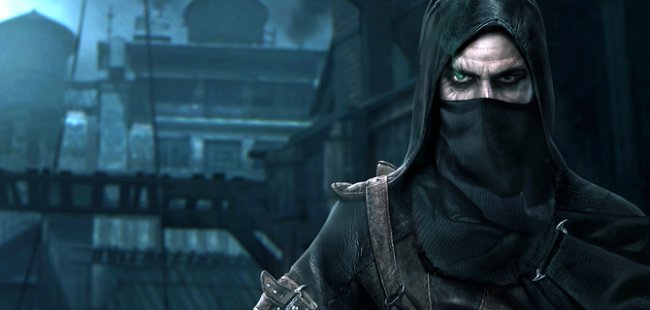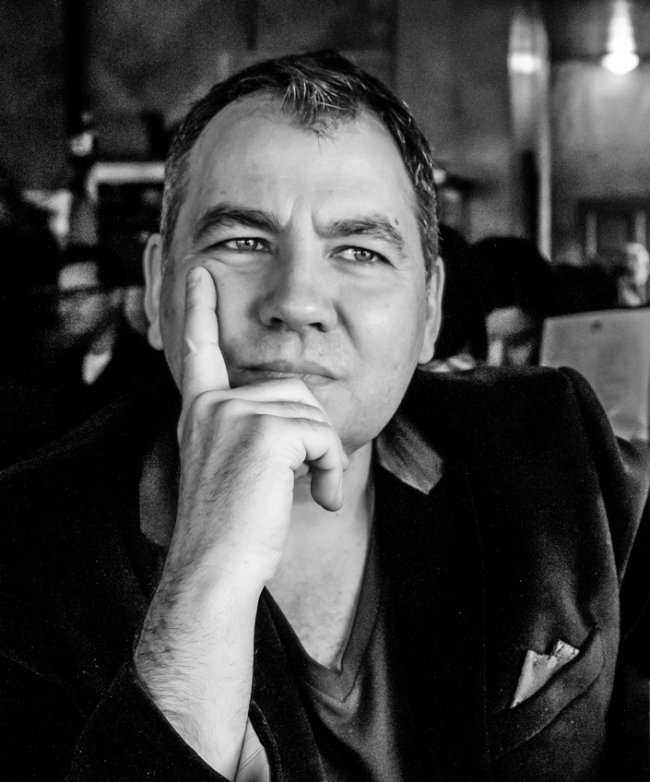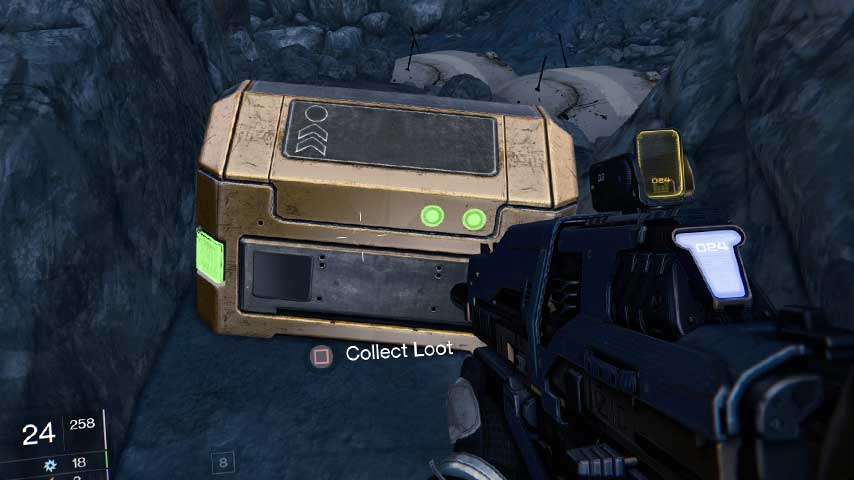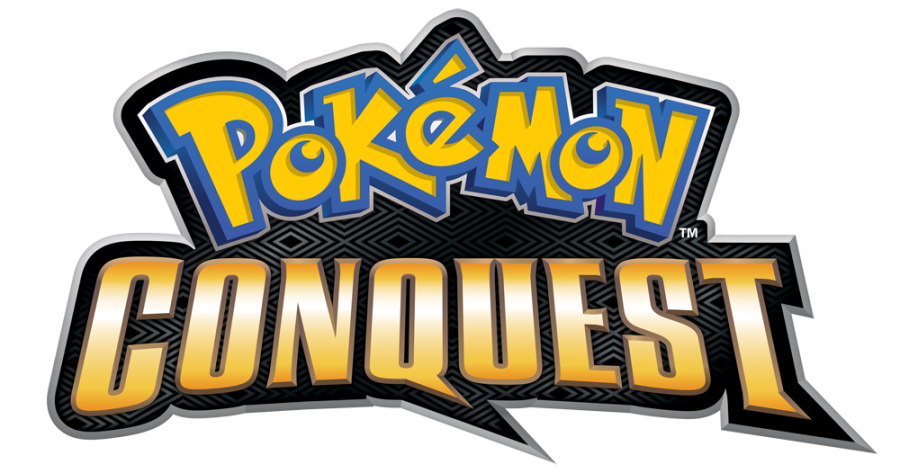

Luc St. Pierre, as his personal website reveals, has been playing music since he was six years old. This award-nominated composer has found success in various fields, and most notably he has branched out into the world of gaming via the score to last year's franchise reboot of Thief. We caught up with St. Pierre and asked him a few questions about his work.
GR: What instruments or musical technology do you favour - is there a particular style that defines your work?
Luc St. Pierre: "If I work on a more classical score, the piano will be my working tool, on the other hand, if it's a more electronic score, I would be tempted to say that my whole studio will become a musical instrument. Spending countless hours in the studio to provoke and give birth to a happy musical accident, as opposed to a musical incident, is the way to go for me."
What's your approach to a video game project? Do you look to past genre works for inspiration, work with the development team on the game's central themes before penning anything?
"I will have a thorough discussion with the development team and propose many routes to go. Looking to past genres, if you are able to only grasp the DNA of what has been done on a previous project, it could be useful, but if you only grasp what is on the surface, you are in danger of mocking and end up with an unsatisfactory result.
How do you think gaming music has altered over the years? Has there been clear seismic changes (adoption of better audio tech, push to full symphonies etc)?
"From my point of view, it was not seismic but a more gradual evolution as audio technology has allowed games to borrow cinematographic techniques of sound and image rendition."
Given the industry's soundscapes were birthed in chip tunes and have evolved over the past thirty years, does that give the medium a greater diversification of signature styles than say, the likes of Hollywood?
"With the diversification of concepts in video games today, its interactivity opens up a whole new world of sonic and musical possibilities. It's like being given an endless palette of colours with an infinite canvas. Standing in front of an infinite possibility of sounds and musical gestures can be scary too."

Where and when do you work best?
"My best ally is perspective over my work. I like to bring a musical idea up to a certain degree of satisfaction and then let it sit for a while. Working from my home studio allows me to leave something on the board, hustle around the house and come back a bit later for a listen with perspective. I never underestimate the last 5 minutes of my working session either, some of my best ideas came when I was just about to call it a day.
One question, two different angles. What's been your favourite piece of music to work on (and why), and secondly, what would you rate as your all time favourite piece of gaming music (that you weren't personally involved in)?
"It goes without saying that I love my work and the art of writing music for screen, be it film, television or video games, but it's also painful for me to write music as it is a constant questioning process without ever getting a clear answer. With that premise in mind, it would be hard for me to tell you what's been my favourite piece of music to work on...maybe the one that my client approved right away?"
Is the acceptance of video game music a non-issue, given it's celebrated by industry fans and performed live anyway? Or do you personally find it a stereotype to overcome in wider media and social circles?
"Video game music is here to stay and should more and more expand in the global picture of music."
Gaming music has been championed to be brought into the Classic FM Hall of Fame for many years - is this the right place for it to be celebrated?
"The provenance of the music should not be a game changer (no pun intended). I would say it's all down to its inherent and overall quality as a standalone musical composition."
Old argument: the less tech game composers had to work with meant they had to get more inventive, and as such bred more iconic themes. True? Or is it the same problem, just a bigger tool set?
"It's fun to play with toys as long as you don't get lost in the ocean of sound possibilities. Then comes the craft of writing music, the harmony, counterpoint and orchestration. A very cool granulated sound will never replace a beautiful and well-written melody and/or an efficient well- orchestrated threatening motive. Should you be able to combine both? Now we are talking."
Do you have an admired composer in the industry today?
I would say tomandandy as they, in my opinion, make the most interesting electronic gestures and are capable of making music suitable for games and for films.
Video Games Live set the standard, but with the likes of the Final Fantasy and Zelda concerts, live shows of video game music seem to be gaining traction. Have you noticed a shift in perception and acceptance of gaming music?
"A positive one certainly and a reaction of surprise as if concert music was a chasse gardée for the great masters."
Secondly, what next steps do you think need to be taken to expand the accessibility and growth of the music scene?
"Music is universal; if it's good, it will have no or little boundary and a life of its own and won't need any outside help to grow and reach an audience."
Have digital marketplaces such as iTunes and Amazon opened the doors to producing and releasing game soundtracks at retail as a viable business?
"In an ideal world the answer would be Yes. But in the reality a game OST is seemingly available for download on a multitude of file exchange sites; viable? Allow me to doubt."




